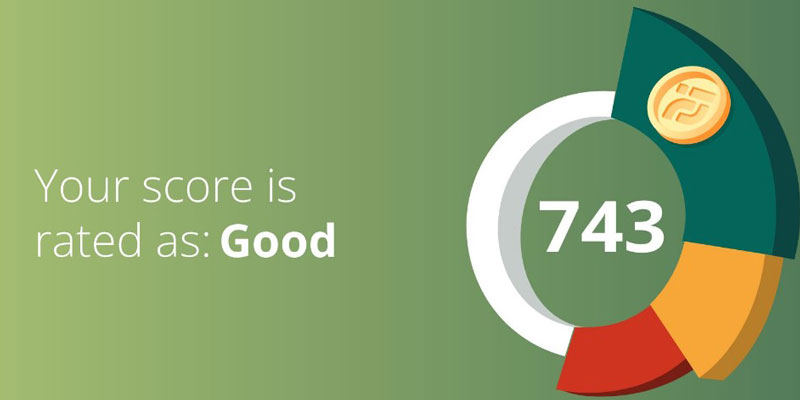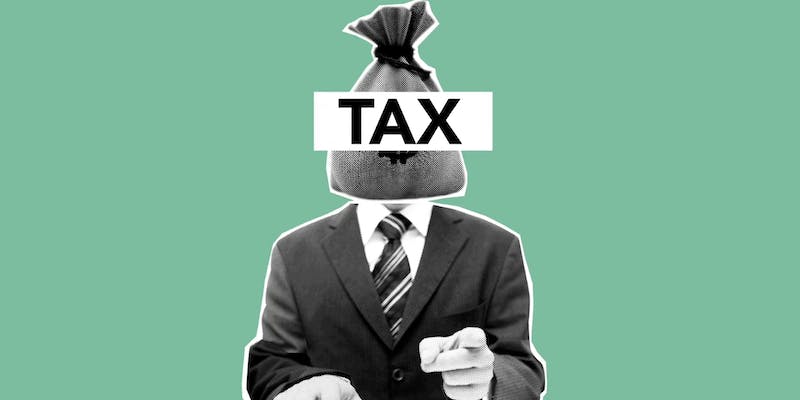The Ultimate Financial Dilemma: Saving or Paying Off Debt?
Nov 19, 2023 By Triston Martin
In the world of personal finance, there's an age-old question that often leaves people scratching their heads: Should you save your hard-earned money or use it to pay off your debts?
It's a decision that can significantly impact your financial well-being, and there's no one-size-fits-all answer. In this article, we'll explore the pros and cons of both options to help you make an informed decision that suits your unique financial situation.
What is the Importance of Saving?
Before diving into the details of whether to save or pay off debt, let's first understand the fundamental importance of saving in your financial life. Here are some key reasons why saving is so crucial:
Building an Emergency Fund
One of the key reasons to save is to establish an emergency fund. Life can be unpredictable, and unexpected expenses can pop up when you least expect them. Whether it's a medical emergency, a sudden car repair, or a job loss, having a financial safety net can provide peace of mind.
Financial experts often recommend having at least three to six months' worth of living expenses in your emergency fund.
Achieving Financial Goals
Saving is also crucial for achieving your financial goals. Whether you're saving for a down payment on a house, a dream vacation, or your children's education, having a dedicated savings account can help you reach your objectives. Saving regularly allows your money to grow over time, helping you realize those dreams.
Compound Interest
Another advantage of saving is the magic of compound interest. When you put your money in a savings account or invest it wisely, it can earn interest. Over time, your interest earns interest, too, leading to exponential growth. This means that the earlier you start saving, the more your money can grow.
What to Know About the Importance of Paying Off Debt?
Clearing your debts can have a substantial impact on your financial well-being. Here's what you need to know about the importance of paying off debt:

Reducing Financial Stress
Debt can be a significant source of stress in your life. It can be challenging to make ends meet when you have high-interest debt. Paying off debt can provide relief and improve your overall financial well-being. It frees up your income for other essential expenses and future savings.
Saving on Interest Payments
When you have outstanding debt, you're likely paying interest on it. The longer you carry that debt, the more interest you'll accumulate. By paying off your debts, you can save a substantial amount of money that would otherwise go to interest payments. This can free up funds that you can redirect towards savings or investments.
Improving Credit Score
Your credit score plays a vital role in your financial life. It can impact your ability to get loans, secure a mortgage, or even land a job. By paying off your debts, you can improve your credit score. A higher credit score can open up better financial opportunities and lower interest rates, ultimately saving you money in the long run.
Finding the Balance
Let's have a look at some practical tips to help you find the right balance between saving and paying off debt:

Create a Budget
To make an informed decision about whether to save or pay off debt, it's essential to create a budget. Understand your income, expenses, and the interest rates on your debts. With a clear picture of your financial situation, you can make a more informed choice.
Prioritize High-Interest Debt
If you find yourself burdened with high-interest debt, particularly from credit cards, it's advisable to make it a priority for repayment. Credit card interest rates tend to surpass the returns from savings accounts or low-risk investments. Concentrating on settling high-interest debt initially can result in long-term financial savings.
Take Advantage of Employer Benefits
If your employer provides a retirement plan with a matching contribution, it's wise to seize this opportunity fully. Employer matches represent essentially free money, contributing significantly to your retirement savings. This aspect shouldn't be dismissed, even if you have outstanding debt. It's often a prudent approach to contribute enough to secure the full match while concurrently addressing high-interest debt.
Consider Your Financial Goals
Your financial goals and timeline play a crucial role in the decision-making process. If you have high-priority goals that require funding in the short term, such as buying a home, it may make sense to prioritize saving. On the other hand, if you have manageable debt with low interest rates and a long timeline for your financial goals, you may opt to balance both saving and debt repayment.
Automate Savings and Debt Payments
Consider setting up automatic transfers to your savings account and for debt payments. This ensures that you consistently allocate funds towards both saving and debt reduction without the temptation to spend the money elsewhere.
Review Your Progress Regularly
Keep a close eye on your financial progress. Periodically review your budget, debt balances, and savings accounts to make necessary adjustments. As your financial situation changes, your balance between saving and debt repayment may need to be recalibrated.
Conclusion
The decision to save or pay off debt is a personal one that depends on your unique financial situation and goals. It's not an all-or-nothing choice. In many cases, finding a balance between the two can be the most prudent approach. Saving is crucial for building a financial safety net, achieving goals, and taking advantage of compound interest.
Paying off debt reduces financial stress, saves on interest payments, and improves your credit score. Ultimately, creating a well-structured financial plan that considers your income, expenses, and goals is the key to making the right decision. Remember that there's no one-size-fits-all answer, and what works best for you might not be the same for someone else.
The important thing is to take steps toward securing your financial future and achieving your goals, whether through saving, debt repayment, or a combination of both.





